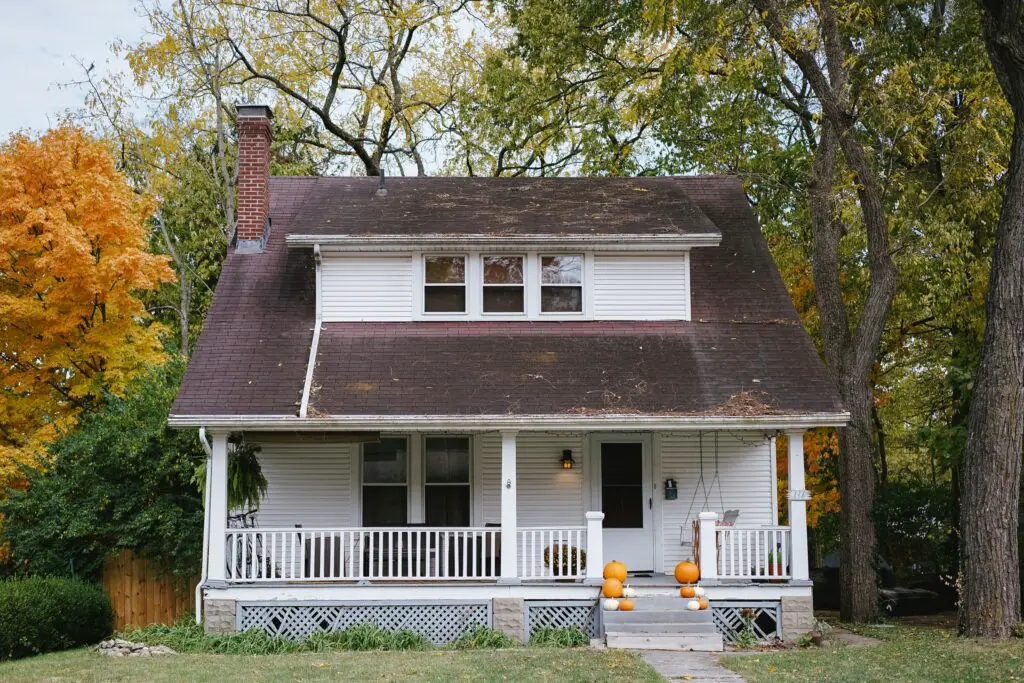Related Posts
In this viral online clip, authorities arrest a homeowner for evicting a squatter from her own home. When police arrived at the house, they met a woman who claimed she had encountered a group of people Squatting in her home. One man from that group countered by saying he had signed a lease for the home, although he refused to reveal it to authorities. According to the authorities, this allowed adverse possession to kick in, which complicated the matter. After changing the locks on her house, police arrested the woman. Does she have “Squatters’ rights?”
If this is your first time hearing a story like this, you may think that our society sounds a little too dystopian to be true. However, these types of disputes occur daily, and legal concepts support them. Let’s delve deeper into squatters’ rights, including the contentious notion of adverse possession.
What Are Squatters?
Squatters are groups or individuals who occupy a dwelling without the owner’s permission. Some settlers may be squatting maliciously, while others may genuinely believe they have a valid legal tenancy (being scammed, for example.) Regardless of their motives, squatters can cause many issues and disputes.
Squatters gain legal land rights after they inhabit an area for a certain amount of time. Originally, the laws that created these rights encouraged landowners not to abandon their properties. Interestingly, squatters’ rights were a driving force for land development and land ownership in early America. Nowadays, squatting is just another issue stacked on top of America’s realty system.
Squatters’ Rights: What Are They?

Squatter’s rights generally activate once someone or some group has inhabited an area for some time. Although each state may have unique squatter laws, they all have similar sentiments. Squatter’s rights typically allow someone who has occupied an area unlawfully to claim ownership or occupancy of a property. Different time limits and categories dictate how much say someone has. For instance, in New York, just as few as 30 days of living in a space can give you “tenant status.” In most states, occupying a place continuously for 10+ years can give you the ability to argue for full ownership of the property.
These rules and regulations are pretty complex, but you should know a few essential things. One is the idea of adverse possession, the primary basis for supporting squatters’ rights.
Adverse Possession
Adverse possession is the legal concept that allows someone to claim ownership after occupying land while meeting a few requirements. To establish adverse possession, one must occupy a property without permission. Ownership cannot be transferred or bestowed. Other requirements for adverse possession include:
- Exclusive possession: One must use the land or property exclusively without sharing.
- Continuous possession: One must have ownership/control over the land or property for a set period.
- Hostile possession: One must possess the land without authority or consent from the rightful landowner.
- Open & notorious possession: One must inhabit or use the land visibly and publicly.
- Actual possession: One must inhabit or use the land in conflict with the original landowner.
In many cases, courts adjudicate adverse possession. The video demonstrates how land ownership can blur over time, leading to legal disputes.
Squatters’ Rights in New York

Quite recently, states have been looking to crack down on squatting. For instance, two pieces of legislation have been proposed in New York to limit squatters’ rights. These are known as Assembly Bill A6894 and Senate Bill S8867.
Together, these bills would criminalize squatting, making it fall under trespassing. They would also increase the time required for adverse possession and enable lawful homeowners to evict squatters without the confusion in the viral clip we saw.
Conclusions on the Viral Video
In the viral clip above, we saw a homeowner arrested as she tried to lock down her home from squatters. Unfortunately, the blurred line between squatters, adverse possession, and trespassing is often too confusing to distinguish. Thus, because she tried to lock out the squatter herself, she technically unlawfully evicted them by using “self-help.” Instead, she should have filed eviction proceedings against the occupants.
As described by attorney Ugo Lord, the best thing to do in these scenarios is to solve them in court. Despite what you may want to do, resolving squatter’s issues in court gives you the best chance of having your home back without the fuss of infringing on squatters’ rights.


[…] & Notorious: The squatter must openly occupy the property and cannot hide the fact that they are living […]